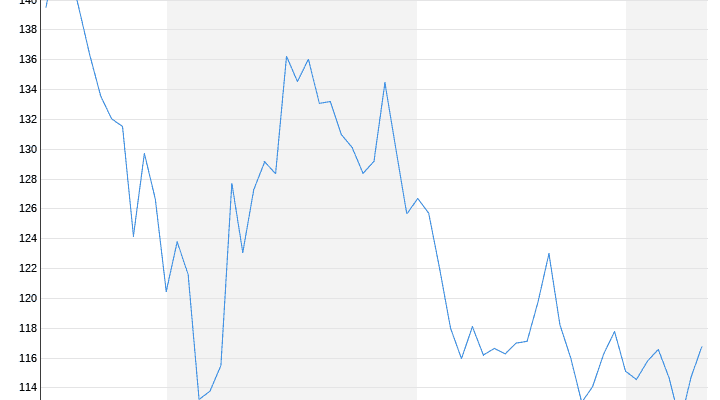Train division suffers the most
Siemens ends business in Russia after 170 years
05/12/2022 08:56 am
When the Russian army attacks Ukraine, Siemens stops investing in Russia and Belarus. After almost two centuries, the Munich industrial giant is now announcing its complete withdrawal. The sanctions hit the train division in particular. Profit falls but remains high.
The withdrawal from the Russian business hits Siemens’ profits. The Munich industrial giant puts the costs incurred as a result of the sanctions at around 600 million euros. Depreciation and other charges are incurred primarily in the train division.
At 1.8 billion euros, the profit in the industrial business is below the expectations of the analysts, who had predicted almost 2.4 billion euros. The bottom line is that profits fell by 49 percent to 1.2 billion euros, where the analysts had expected an average of 1.5 billion euros.
After the Russian invasion of Ukraine, Siemens had already stopped its new business in Russia and Belarus. After around 170 years, all business with Russia is now to be completely wound up: the company has initiated proceedings to discontinue its industrial operations and all industrial business activities.
“We condemn the war in Ukraine and have decided to end our industrial business activities in Russia in an orderly process,” said Siemens CEO Roland Busch. Siemens recently generated around one percent of its total sales in Russia with around 3,000 employees.
Pandemic continues to weigh on
On the other hand, global demand for Siemens products remains high. Order intake improved by a third to 21 billion euros. Sales increased by 16 percent to a good 17 billion euros, significantly exceeding the expectations of the analysts surveyed by Siemens.
Group boss Busch spoke of an extremely difficult environment. In addition to the Ukraine war, the people of Munich are feeling the consequences of the corona pandemic. It is also about avoiding major interruptions, although there are increased risks with electronic components, raw materials and logistics. In the automation technology division, however, there were longer delivery times.
The group is sticking to its forecast for the year. The prerequisite is that the bottlenecks in the supply chain do not worsen and that the pandemic does not bring any new challenges. Sales should increase by six to eight percent on a comparable basis, with incoming orders exceeding sales. Siemens predicted a range of 8.7 to 9.1 euros for earnings per share.
